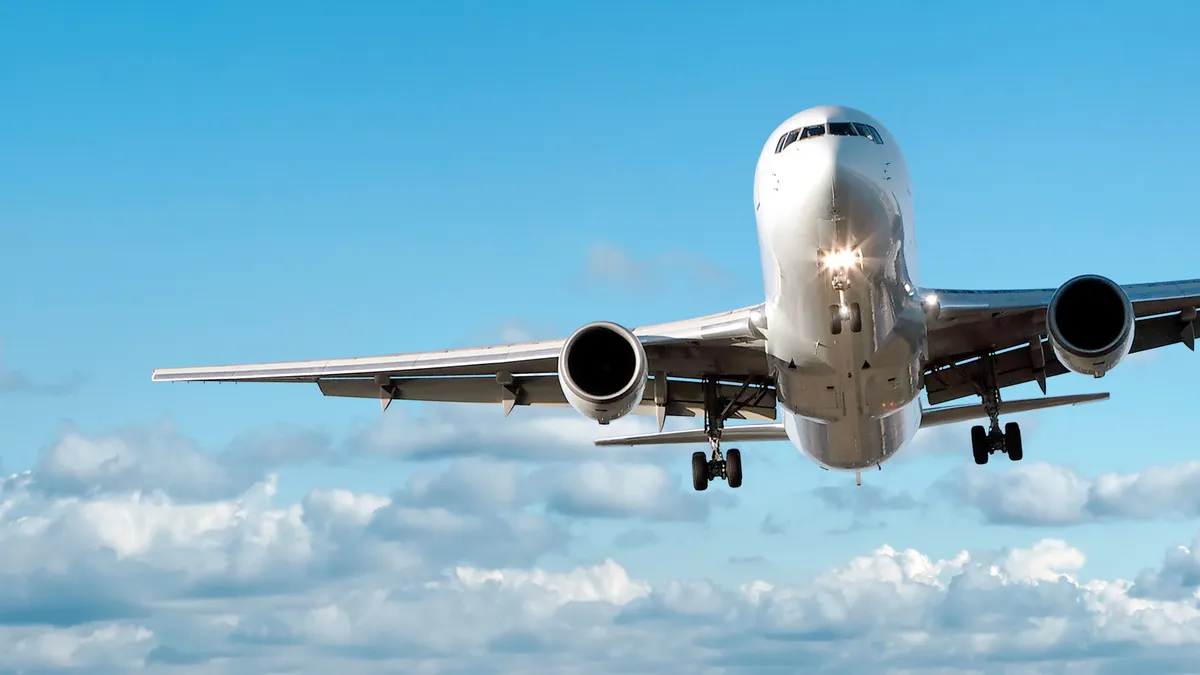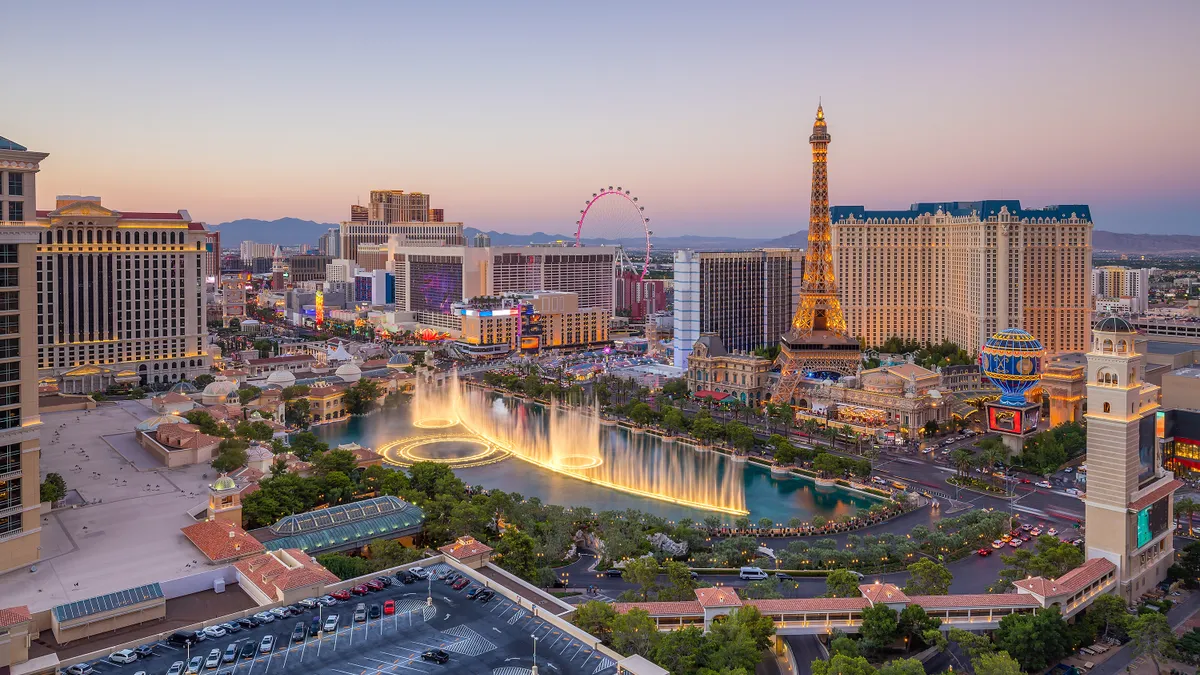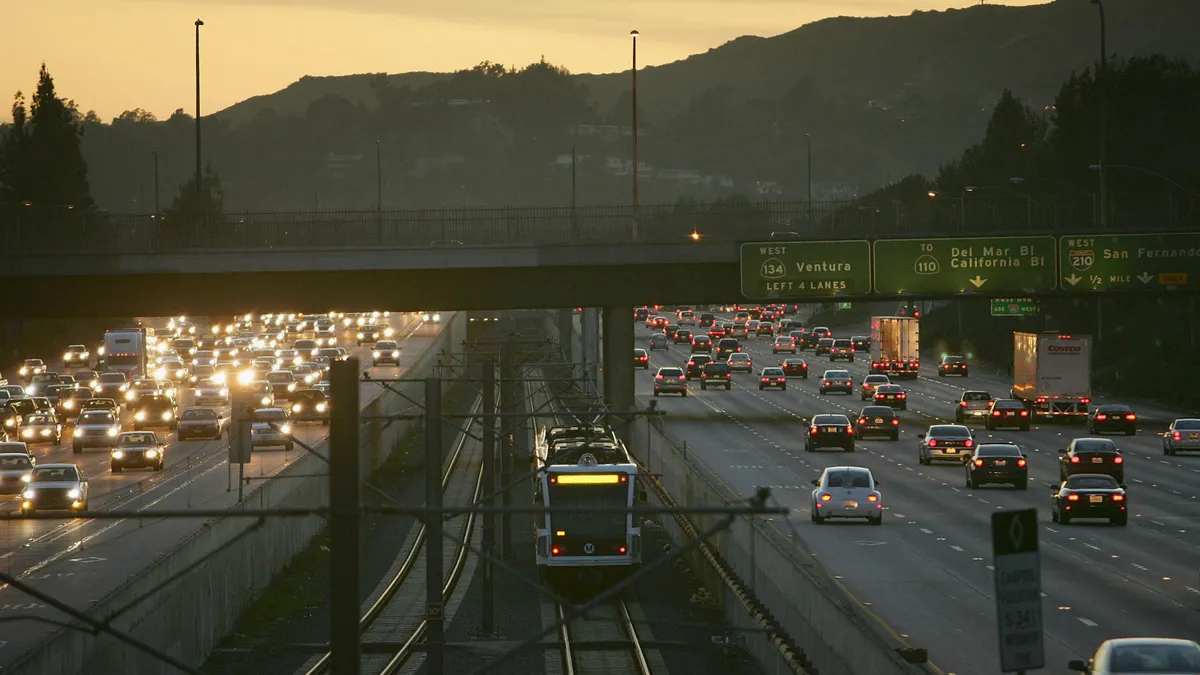With the upcoming holiday season about to collide with a pandemic, employers have some options when it comes to workers' personal travel — though there are a few caveats to exercising those options, management-side attorneys say.
For starters, employers may not be able to outright prohibit personal travel depending on applicable state and local laws. "I hate to give the lawyer answer that 'it depends,' but this is one of those where there may be a state law that runs afoul of the issue," said Todd Scherwin, regional managing partner in the Los Angeles and Woodland Hills, California, offices of Fisher Phillips.
California, for example, limits employers from demoting, suspending or discharging employees for "lawful conduct occurring during nonworking hours away from the employee's premises." Though the law typically applies to activities such as political speech and smoking away from work, "I would be concerned from a California standpoint that telling somebody that they're not allowed to travel, and then disciplining them for traveling if they disobey that, would run afoul of the statute," Scherwin said. Other states have similar off-duty conduct laws, according to David Barron, member at Cozen O'Connor.
Consider remote work
So, if an employer operates in a state that has laws against prohibiting off-duty conduct, what else can they do? In most cases, Scherwin said, employers can require traveling employees to receive a COVID-19 test. That said, employers may also need to pay for such tests as well as the time needed to take a test in states like California, he added. The U.S. Equal Employment Opportunity Commission has said in guidance that employers may administer COVID-19 testing to employees before initially permitting them to enter the workplace without running afoul of limits on medical examinations.
Remote work may also be an option, Scherwin said. In the event that it isn't an option, the employer may be required to pay the employee to quarantine depending on applicable federal, state or local laws, including the Families First Coronavirus Response Act (FFCRA). "If they are being forced to quarantine because of a requirement imposed by state or local guidance/laws then some of the state and local sick leave ordinances would require the employee to be paid." Scherwin said in an email.
The FFCRA, for example, provides for paid sick time for situations in which an employee is subject to a state, local or federal quarantine. At the same time, some states in recent weeks have issued quarantine guidelines to residents who travel. Effective Nov. 20, for example, Pennsylvania required residents who visit other states to have a negative COVID-19 test within 72 hours prior to their return to Pennsylvania, or to quarantine for 14 days upon return.
"One issue is if under the state law … if the employee has to quarantine, for example if they travel for Thanksgiving, what do you do in terms of pay policy?," Barron said. "Is that covered under the [FFCRA] as a quarantine? That's one question. And then if not, can they use PTO or other types of leave that might be accrued to be able to compensate that employee?"
State and local quarantine orders of this stripe "probably" fit the FFCRA's definition, Barron added; "The safe and conservative approach would be, if you are [covered under the FFCRA], then that employee would be entitled to that."
But employers would not necessarily need to allow employees to take company-provided PTO benefits if employees must quarantine due to personal travel. "An employer could say: look we strongly recommend that you not travel because the CDC has recommended against it, but if you do, and under state guidelines you have to quarantine and can't come to work, we're not going to consider that an applicable use of PTO," Barron said.
Ask questions
There are also other options to consider, namely when it comes to the employer's messaging about whether it recommends that employees travel. "I would be okay in most situations saying something to the effect of 'while we don't necessarily prohibit travel, we do recommend … that you don't,'" Scherwin said, noting that employers may also want to note specific guidelines from public health officials when making this type of statement.
"You may be able to restrict personal travel, but what you're probably better off doing is monitoring, asking questions, knowing when employees are traveling so you can take proper precautions if they do travel," Scherwin added.
Other sources in the employment law community have noted other approaches. Under certain circumstances, an employer in a state with restrictions on indoor gatherings could ask employees to certify whether they will attend a large gathering for Thanksgiving, Fisher Broyles partner Eric B. Meyer wrote in The Employer Handbook blog Nov. 17. An employee in such a scenario who certifies "no" but attends a gathering anyway could be disciplined, perhaps with an unpaid suspension. Yet, "the morale hit could be enormous," Meyer wrote.
"The employer gets to make the safety rules," Barron said. "An employer can tell people that if they travel they have to stay home, the employer can tell people if they travel they have to provide a negative test. Whatever the employer believes is an appropriate safety precaution, the employer has vast latitude in that area."























